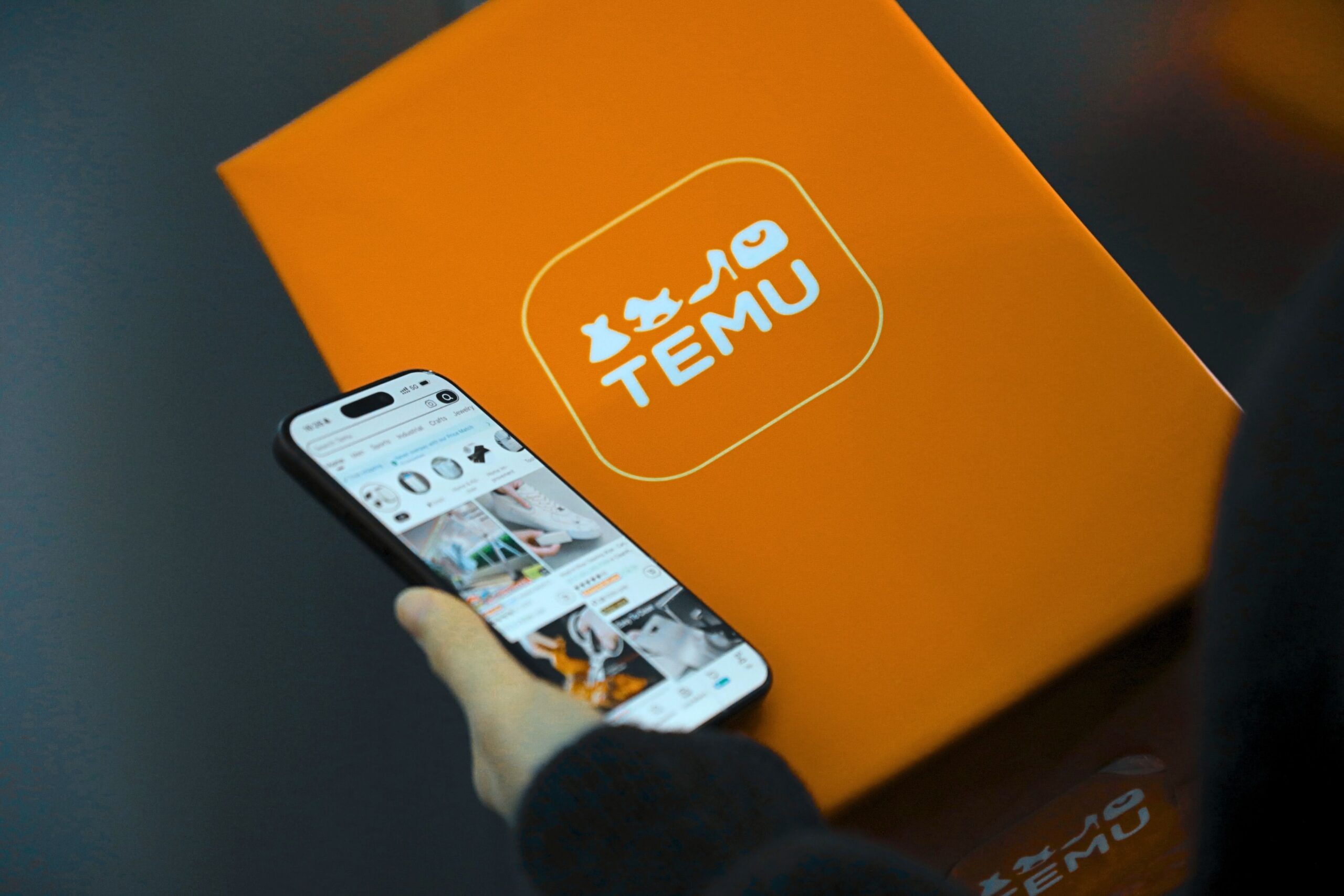“Under a proper interpretation of settled CJEU case law, INTA argues that an interest in bringing legal proceedings must continue until a final decision is rendered.”
 Today, the International Trademark Association (INTA) published a statement in intervention filed with the Court of Justice of the European Union (CJEU) in a case that should have major implications for the effects of Brexit on EU trademark law. INTA’s brief asks the CJEU to reverse a lower court’s decision and rule that the EU Intellectual Property Office (EUIPO) was correct in determining that UK trademark law can no longer provide a legal interest to sustain an opposition to an EU trademark application filed before Brexit.
Today, the International Trademark Association (INTA) published a statement in intervention filed with the Court of Justice of the European Union (CJEU) in a case that should have major implications for the effects of Brexit on EU trademark law. INTA’s brief asks the CJEU to reverse a lower court’s decision and rule that the EU Intellectual Property Office (EUIPO) was correct in determining that UK trademark law can no longer provide a legal interest to sustain an opposition to an EU trademark application filed before Brexit.
General Court’s Reversal of EUIPO Based on Erroneous Reading of CJEU Case Law
INTA’s brief follows the EUIPO’s appeal of a decision entered last March by the EU’s General Court. That ruling reversed the EUIPO’s earlier determination that an opposition proceeding to an EU trademark application filed by streetwear company Nowhere Co. could no longer rely on UK common law following the end of the Brexit transitional period in December 2020. Nowhere Co.’s opposition to an EU trademark application for the figurative mark “APE TEES” was based on several monkey figures unregistered as trademarks but used by Nowhere Co. in the course of trade within the UK. This claim supported an opposition under Article 8(4) of EU Regulation 207/2009, which provides grounds for refusal based on governing law of member states. The General Court’s decision found that the relevant date for assessing the existence of a legal interest in the opposition was based upon the date on which the “APE TEES” application was filed at the EUIPO, which occurred well before Brexit.
While the filing date of an EU trademark application is used for determining the applicable substantive law for an opposition, INTA’s brief contends that the General Court misapplied CJEU case law for the premise that a country’s withdrawal as a member state of the EU was irrelevant to sustaining an opposition. INTA argues that, in particular, the General Court improperly interpreted Fuchs v. OHIM (2014), which held that a legal interest in an opposition remained even where the community mark previously asserted in the opposition had since been revoked. INTA noted that the legal reasoning of this decision was questionable in light of established CJEU case law holding that an interest in the proceedings must exist both at the time of filing and when a decision is rendered.
Such legal requirements on the interest in bringing legal proceedings exist in several EU member states, INTA’s brief points out. In particular, trademark law statutes in Italy, France and the Benelux region expressly provide for the termination of opposition proceedings when a supervening lack of interest develops by way of termination of the prior right on which the opposition was based. Similar rules impact administrative proceedings conducted in Greece, Spain and Portugal.
Interest in Bringing Action Must Continue Until the Final Decision is Rendered
Under a proper interpretation of settled CJEU case law, INTA argues that an interest in bringing legal proceedings must continue until a final decision is rendered. Even in Fuchs, the General Court recognized prior CJEU rulings establishing that “the purpose of the action… must continue, like the interest in bringing proceedings, until the final decision, failing which there will be no need to adjudicate.”
In downplaying the unfairness to Nowhere Co. of annulling the General Court’s ruling, INTA points out that a similar result would have occurred if Nowhere Co.’s opposition were successful. If the opposition to the “APE TEES” mark was successful, the applicant could convert its application into national marks filed at the trademark offices of the 27 EU member states. The three non-registered marks used in the course of UK trade would have no impact on those national mark applications. Further, the “APE TEES” trademark applicant did not file for a comparable UK trademark right during the Brexit transitional period, confirming that Nowhere Co. no longer has a legal interest to oppose the mark.
There is a strong need for clarity from the CJEU on the legal issues presented by the EUIPO’s appeal, INTA contends. While legal decisions in the EU’s civil law system are typically only binding on the parties to the case, INTA notes that previous EUIPO orders in these proceedings confirm that the CJEU’s ruling will impact situations involving the disappearance of an earlier right through administrative proceedings.
“In the over three and a half years since a filter mechanism has applied to appeals brought against a decision of the GC concerning an EUIPO decision, only three EUIPO cases (including the present case) have successfully passed the filter,” said INTA in a press release about the case. “By allowing this appeal to proceed, the CJEU itself has acknowledged that the case raises an issue that is significant with respect to the unity, consistency, or development of EU law.”
Image Source: Deposit Photos
Image ID: 73659043
Author: tonsnoei

![[IPWatchdog Logo]](https://ipwatchdog.com/wp-content/themes/IPWatchdog%20-%202023/assets/images/temp/logo-small@2x.png)

![[Advertisement]](https://ipwatchdog.com/wp-content/uploads/2026/02/Junior-AI-Feb-10-2026-sidebar-day-of-webinar-700x500-1.jpg)
![[Advertisement]](https://ipwatchdog.com/wp-content/uploads/2026/02/Anaqua-Feb-12-2026-sidebar-700x500-1.jpg)
![[Advertisement]](https://ipwatchdog.com/wp-content/uploads/2026/02/Ankar-AI-Feb-17-2025-sidebar-700x500-1.jpg)
![[Advertisement]](https://ipwatchdog.com/wp-content/uploads/2025/12/LIVE-2026-sidebar-regular-price-700x500-1.jpg)







![[Advertisement]](https://ipwatchdog.com/wp-content/uploads/2021/12/WEBINAR-336-x-280-px.png)
![[Advertisement]](https://ipwatchdog.com/wp-content/uploads/2021/12/Ad-4-The-Invent-Patent-System™.png)







Join the Discussion
No comments yet.